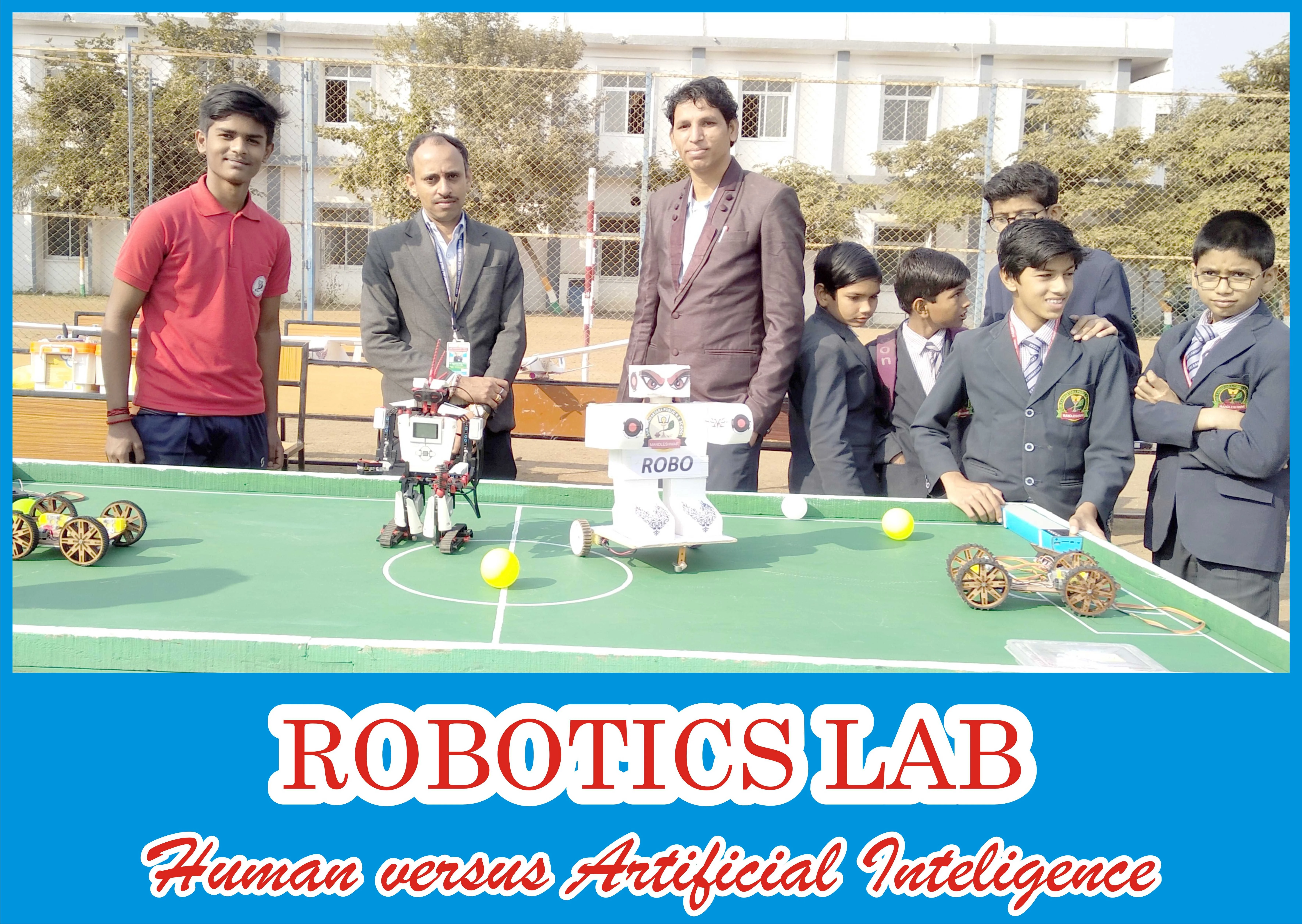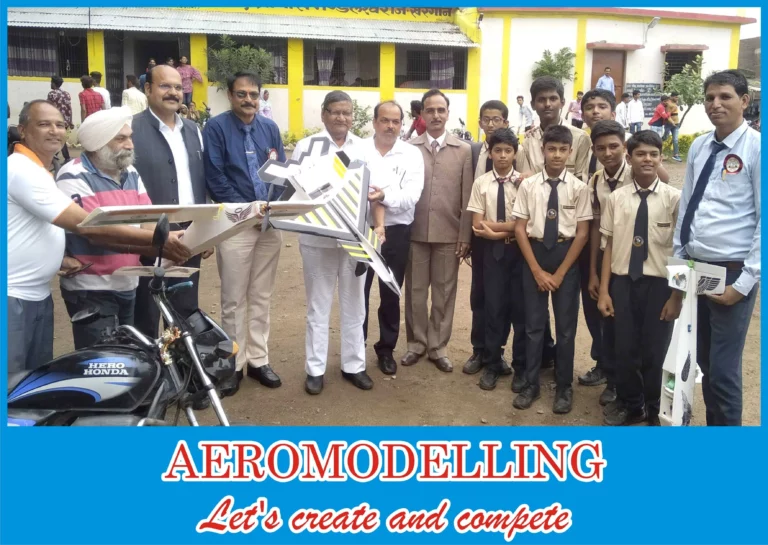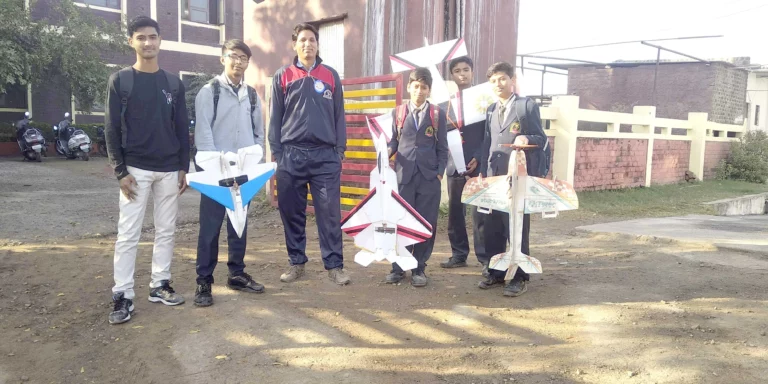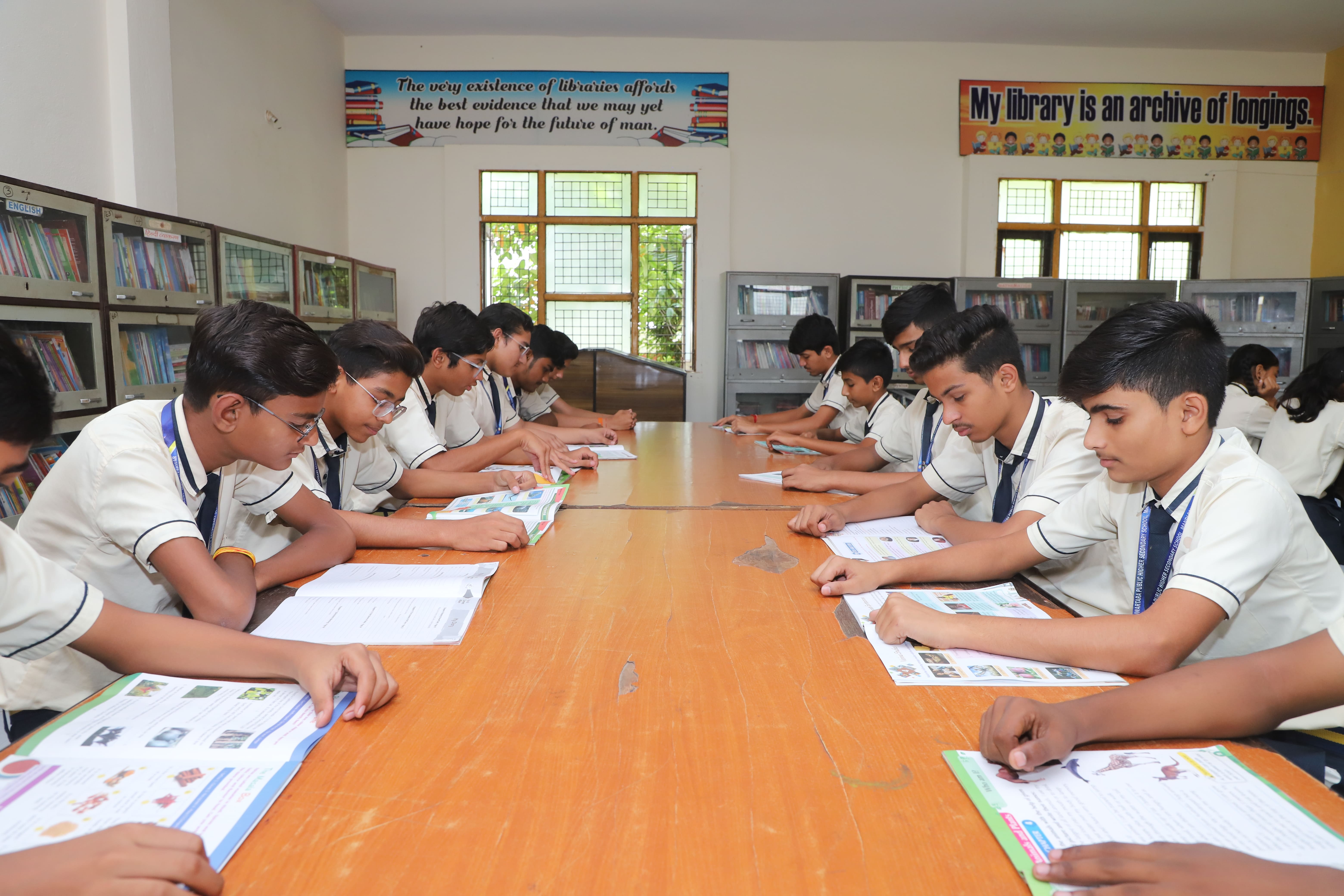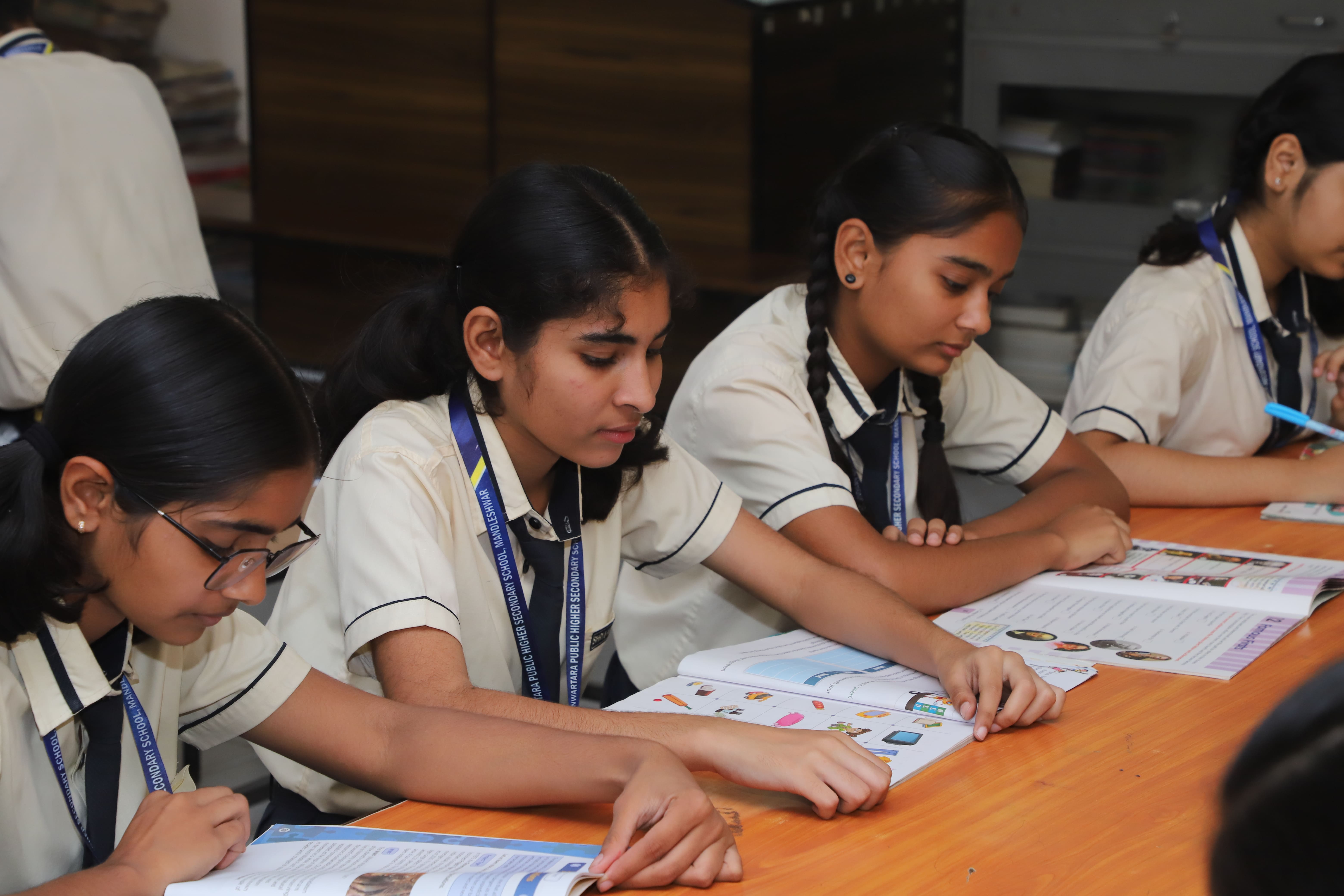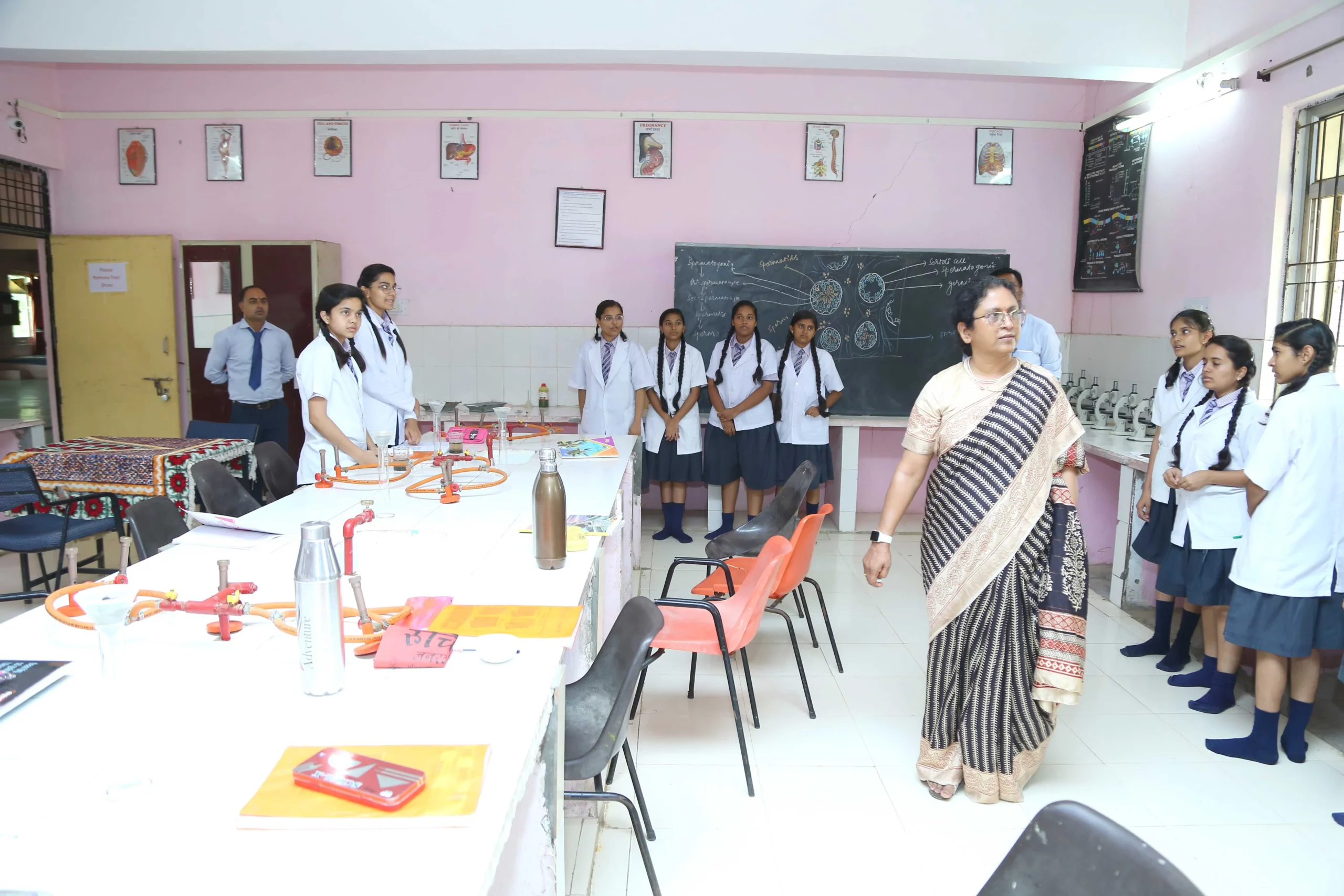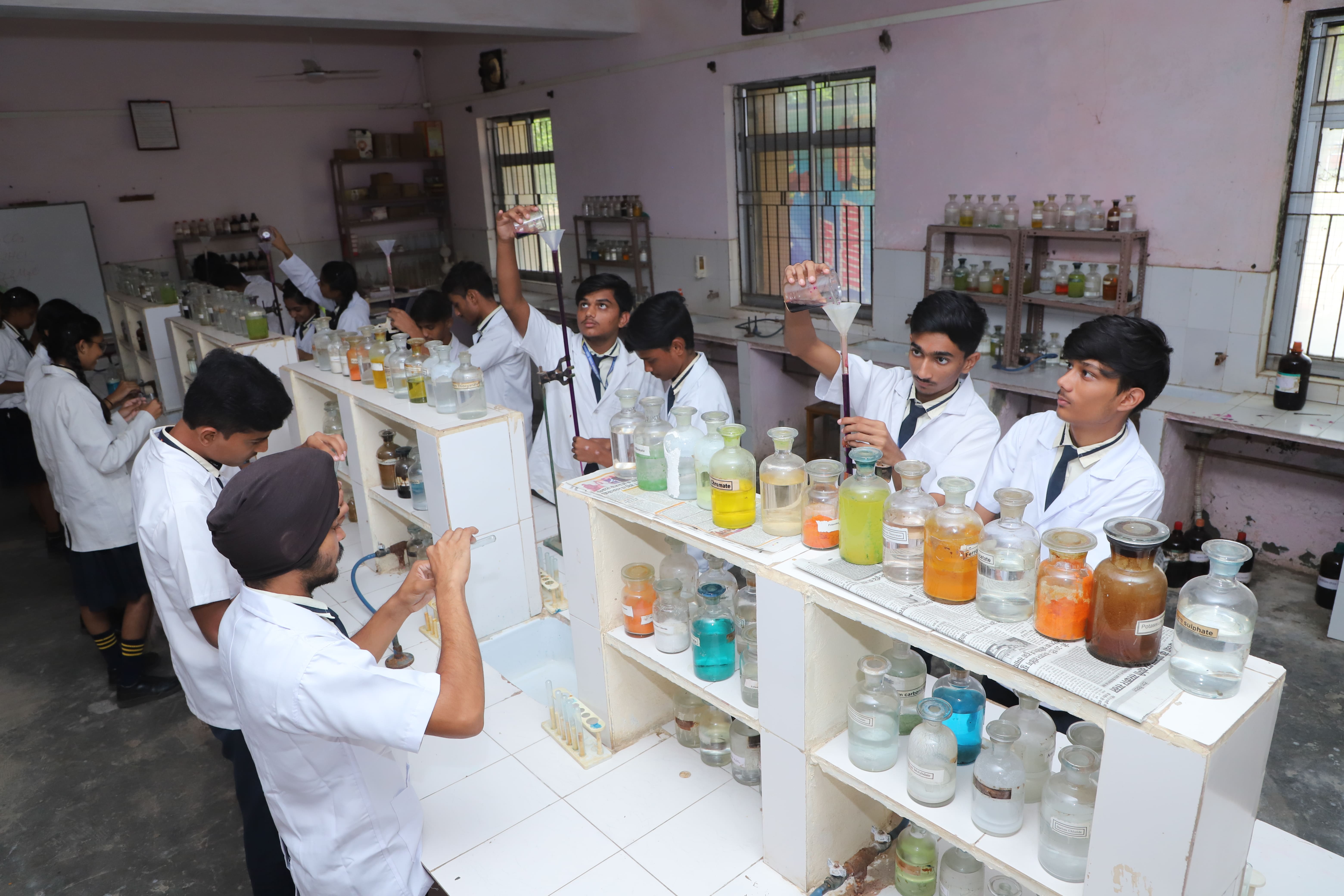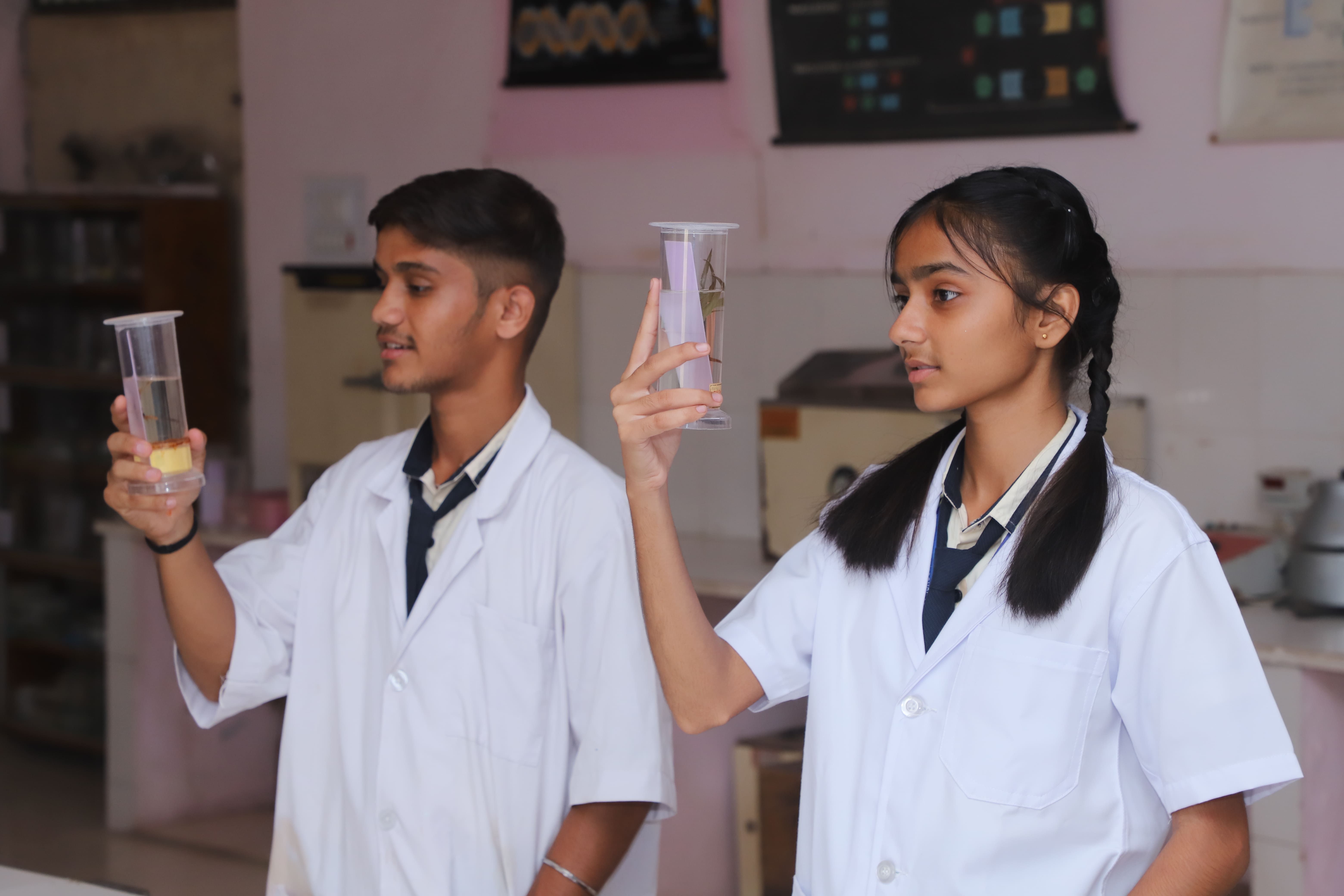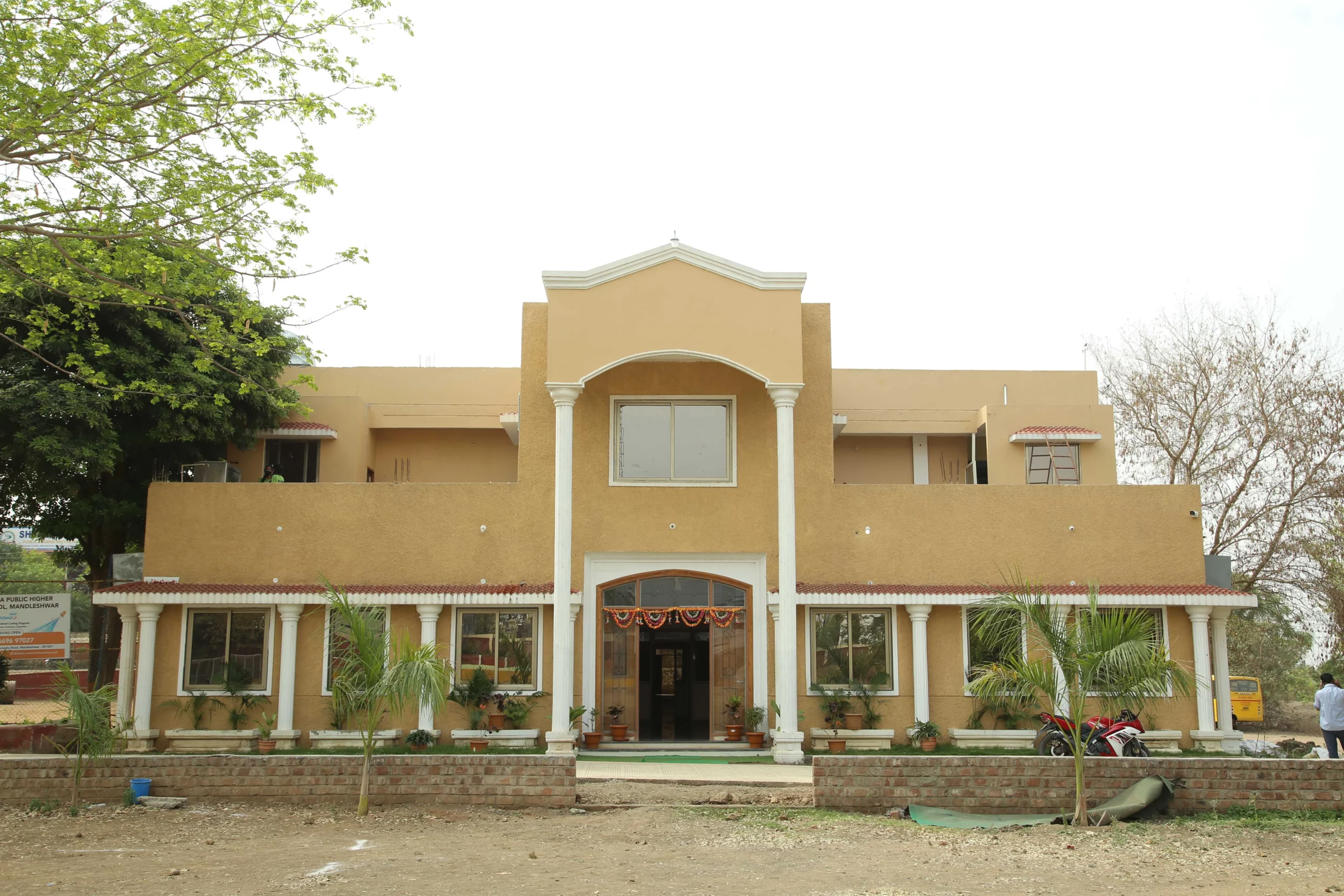- Robotics Lab
Today's education demands a newly envisioned curriculum that integrates Maths, Science & technology content & skills. In this context robotics provides a natural fit with good pedagogy that emphasizes meaningful problem based learning, integration and application of knowledge & hands on learning in the co-operative groups. It attracts students to content domains such as applied mathematical reasoning, strategic problem solving & high order thinking – a set of skills that is high priority for 21st century education.
Robotics will play a major role in the future and therefore it is important to prepare the current generation students of this. The use of robotics in the class room introduces the students to possible career path in the newest form. In fact robotics is a perfect way to show students that engineering & IT is not a hard nut to crack
The school has added robotics to its technology area as an educational tool. It has been brought in the classroom environment where the trained teachers guide the students of classes IV to X.

